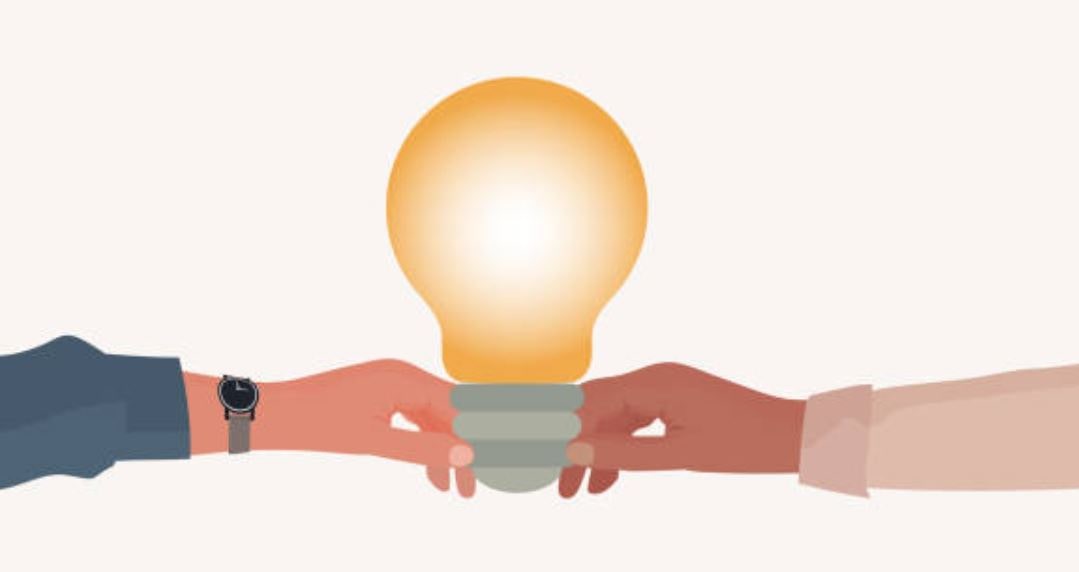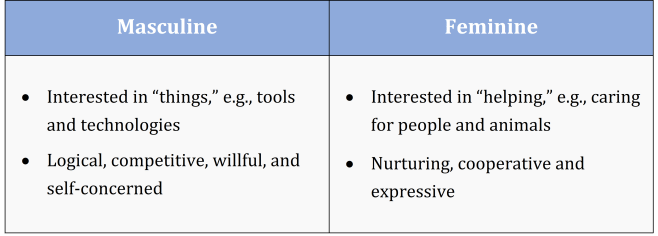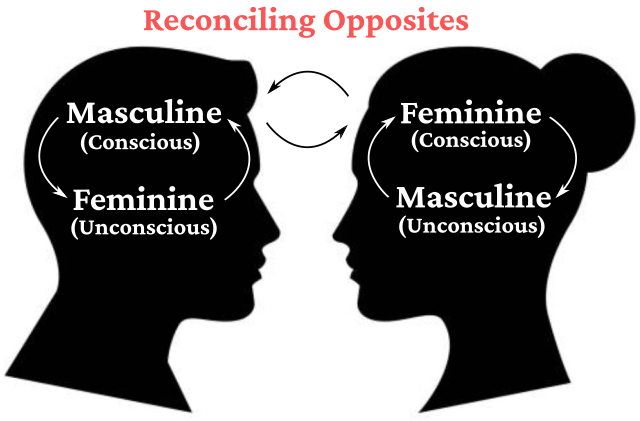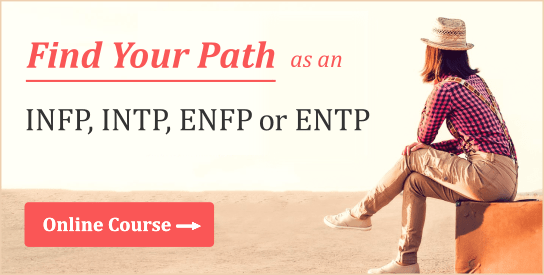
Surveys suggest that roughly 80% of people cite “love” as their primary aim in romantic relationships. Many of you will find this unsurprising. Love is indeed a powerful feeling, especially when bolstered by cultural ideals touting it as the ultimate human experience. When passion and idealism are at their peak, there’s a real sense in which we’re “living on love.” Under love’s magic spell, we need less sleep and everything in life seems better. Even mundane work feels more enjoyable.
But those who are or have been married are well aware that infatuatory love eventually wanes and living on love alone becomes less tenable. Some may even feel the world has played a dirty little trick on them, leading them to expect more from love than it could actually deliver. Others may lament their youthful naiveté, wishing they’d developed a clearer view of relationships before tying the marital knot.
Once relational difficulties become more salient or frequent, we have two basic options. The first—commonly taken by younger or less mature individuals—is to exclusively blame one’s partner for relational problems. If this belief is maintained, the relationship will fail to thrive and will probably end at some point. But in some respects this is the easier of the two options, as it doesn’t require any personal change or compromise. Moreover, by blaming one’s partner rather than love itself, certain romantic ideals can be preserved and perpetuated.
Our second option in times of relational struggle is to accept that love alone may not be enough to sustain a relationship. Without denying the bliss and excitement of infatuatory love, we realize that it must be supplanted by a new type of relationship, something more robust and sustainable. For those who place high value on loyalty and stability, letting go of the infatuation ideal may not be a huge problem. For such individuals, “love as commitment” may be a perfectly acceptable notion, irrespective of the level of passion in the relationship.
Many of us want something more, however. Even if infatuatory feelings are no longer within reach, we want to find ways of revivifying the relationship, of restoring and deepening feelings of love and connection. But what does this new sort of love look like? How do we transition from a love that flowed freely and effortlessly to one requiring more conscious effort and investment?
First, it’s important to realize that relational growth requires, among other things, the ability to reconcile opposites—different needs, values, priorities, etc. If we subscribe to the notion that, to a certain extent, “opposites attract,” it should come as little surprise that those opposing traits would at some point need to find common ground. Indeed, the same differences that draw us to our partner in the first place may later become sources of irritation or frustration. Learning to reconcile these differences thus constitutes a central project of committed relationships.
Masculine & Feminine in Relationships
Masculine – feminine differences, in particular, tend to be at the forefront of romantic attraction and relational conflicts. This is true not only in heteronormative relationships, but in other types of romantic partnerships as well. Understanding these differences is thus critical to successfully navigating relationships. Readers are encouraged to consult my earlier post, The Masculine and Feminine in the Myers-Briggs and Big Five, to see how these concepts have been conceived in personality and gender research. The following chart provides a quick summary:

According to Carl Jung, masculine-feminine attraction is rooted in the architecture of the psyche. Namely, we all have both a masculine and feminine aspect to our psyche. For masculine individuals, the feminine side—which Jung called the “anima”—is less conscious, while for feminine persons the masculine side—i.e., the “animus”—is less conscious. And whichever of these two sides is less conscious we experience as a sense of lack or incompleteness. The psychological march toward wholeness thus involves bringing more of our unconscious side into consciousness, paving the way for a more complete and satisfying existence. But because most of us are unsure of how to deal with the unconscious in its own right, we tend to engage with it indirectly or symbolically through our relationships. Hence, our lovers, from a Jungian perspective, might be seen as representatives of the unconscious parts of ourselves we hope to discover and integrate. Moreover, the experience of “being in love” is a sort of preview of the wholeness that emerges from psychological development.
This paints a really interesting picture. Not only are masculine and feminine partners attempting to reconcile their respective differences in the relationship, but each partner can be seen as simultaneously working to reconcile a similar set of opposing tendencies within themselves.

Jung associates the feminine with the Greek concept of Eros—connoting love or passion—and the masculine with Logos—which pertains to rational understanding. Hence, one problem with envisioning relationships strictly in terms of love is it essentially omits the masculine element from the equation. This is probably due to the fact that women have historically been more communal and oriented to maintaining relationships. So just as certain business practices might exhibit a masculine bias (e.g., emphasizing competition), we’ve come to associate relationships primarily with loving feelings. But if the ultimate purpose of relationships is to unite the masculine and feminine (both inwardly and outwardly), then we need to ensure the masculine element doesn’t get overlooked.
So how should we conceive of this masculine element? What is the masculine analog and complement to feminine love?
Here I’ll make the case that the element we need to balance and complement the feeling aspect of relationships is knowledge. Delivered by way of open and honest communication, knowledge is just as foundational to a thriving relationship as love.
The Importance of Knowledge & Communication in Relationships
Many people claim to desire unconditional love in their relationships. While this sounds like a perfectly noble ideal at first, things aren’t quite so simple in reality.
For one thing, many of us don’t want a generic or undiscriminating form of unconditional love; we don’t want to be loved out of a sense of obligation or convention. Rather, we want to know—deep down—that the love we receive is specific to us. In other words, we want to be loved for who we are as individuals.
Have you ever been commended for performing well at a job, but couldn’t really accept or internalize the praise because the job didn’t reflect your identity or core values? The same thing can happen in relationships. Namely, if we’re convinced our partner doesn’t understand or value us for who we really are, it can be difficult to accept their love as genuine and trustworthy. If the person they’re loving isn’t “the real me,” but some sort of fictive or idealized conception, it may just as well be someone else in the relationship.
That said, some personalities have a more complex or hidden inner life than others, heightening their concerns about not being seen or understood by their partners. Introverts (I) in particular may feel this way, since they tend to be slower to self-reveal than their Extraverted counterparts. Intuitive (N) types may also struggle with feeling misunderstood since their identity is more abstract and less tied to concrete activities or actions.
The most obvious antidote to this problem of misunderstanding involves the mutual sharing of self-knowledge through candid communication. The only way of knowing whether our partner really loves us for who we are is to consistently share our thoughts, feelings, and struggles with them. Admittedly, doing so can be scary and uncomfortable, since it incites fears about shame or rejection. It therefore requires great courage to be open and vulnerable with one’s partner.
But taking relational risks is not without a big potential upside, which may include, among other things, heightened trust, respect, and connectedness. As our partner’s knowledge of us grows, we can increasingly recognize and receive their love as genuine. And the more love we can internalize from our partner, the more we’re inclined to love and value ourselves. As long as we remain silent and unknown in our primary relationship, it’s hard for us to know that we’re truly worthy of love and acceptance.
Unfortunately, many masculine partners fail to fulfill their role as honest communicators, which I explore in my post on INTP, ENTP, ISTP, & ESTP Relationships. Instead, many exhibit what’s pejoratively called “Nice Guy Syndrome,” functioning outwardly as conflict-avoidant “pleasers” while withholding their true thoughts or feelings. In many cases, this stems from fears of rejection, concerns about upsetting their partner, or from general discomfort with relational intimacy. Granted, feminine partners aren’t always pillars of excellence either when it comes to receiving or delivering honest communication. At any rate, it’s hard for a relationship to flourish without a foundation of honest and effective communication.
Closing Remarks
Our journey into relationships often begins with big ideals about love. These ideals are fanned by feelings of infatuation, which give life a whole new luster. Suddenly, as if by magic, we feel whole and complete, ready to tackle anything that comes our way.
But like anything new and exciting, the infatuatory magic eventually fades and the relationship starts feeling more mundane. Not only that, but problems and irritations begin cropping up which further cloud feelings of love and connection. This can be both disappointing and scary, as thoughts of incompatibility may surface for the first time. When this occurs, the only real recourse is to step into the struggle rather than away from it, but this requires a level of courage, communication, and self-overcoming that many partners aren’t sure they can muster. They thus opt for a path of lesser resistance, either by acclimating to relational dysfunction or looking for a new relationship. As Jesus once said, “Small is the gate and narrow the road that leads to life, and only a few find it.” Nowhere is this truer than in relationships.
Learn more about cultivating deeper relationships through the lens of personality type in our online course, Finding Your Path as an INFP, INTP, ENFP or ENTP.
Read More:
How Thinkers (T) vs. Feelers (F) Deal with Emotions

edde says
This is quite an insightful read. I feel like it resonates with my own “relationship” journey nowadays. I’m a 25 year old INFJ hsp. I feel like I’ve become a seeker of knowledge these days through a lot of reading. Books like The Highly Sensitive Person in Love by Elaine Aron, The 7 Levels of Intimacy by Matthew Kelly and Daring Greatly: The Courage to Be Vulnerable by Brene Brown, Love Languages, etc., came to mind as I read your article.
Show more…
A.J. Drenth says
Hello Edde,
Thanks so much for taking the time to share your experiences, aspirations, and readings pertaining to love, knowledge, and intimacy in relationships. It sounds like you’re definitely on the right track. The trick is finding a partner who’s similarly equipped to embrace the challenges of the journey toward deeper intimacy.
Sam Estrada says
Great article, thank you!
“The only way of knowing whether our partner really loves us for who we are is to consistently share our thoughts, feelings, and struggles with them.”
So relatable, very important to know the ‘why’…
A.J. Drenth says
You’re very welcome Sam. Glad you enjoyed the post!
Rebecca says
Good article with timely reminders! As almost 20 years married with my opposite ( myself INFP, husband ESTJ), we’ve come to a place of more frequent acceptance and often genuine appreciation of each others differences.
Difficulties can rear their head during times of more extreme stress such as pain and illnesses. I personally find that I have a tendency in those times to just want to respond and be responded to from my comfort zone of most natural tendencies. When energy is very limited it becomes much more difficult to take into account that the other person is approaching the situation in a manner very different from my own, and that has it’s own logic to it. That chart you posted sort of sums this up for me
This article also reminded me about some work I’d read ( and ted talks ) by Dr. Helen Fisher earlier this summer, that had something to do with personalities, love , brain chemistry and four hormones whose arrangement of dominance in a person determined the type of partner they were drawn to. Something like that anyway.
Interesting topic, thanks!
A.J. Drenth says
Thanks so much Rebecca for sharing your thoughts and experiences. It’s nice to hear you found the post timely and interesting.